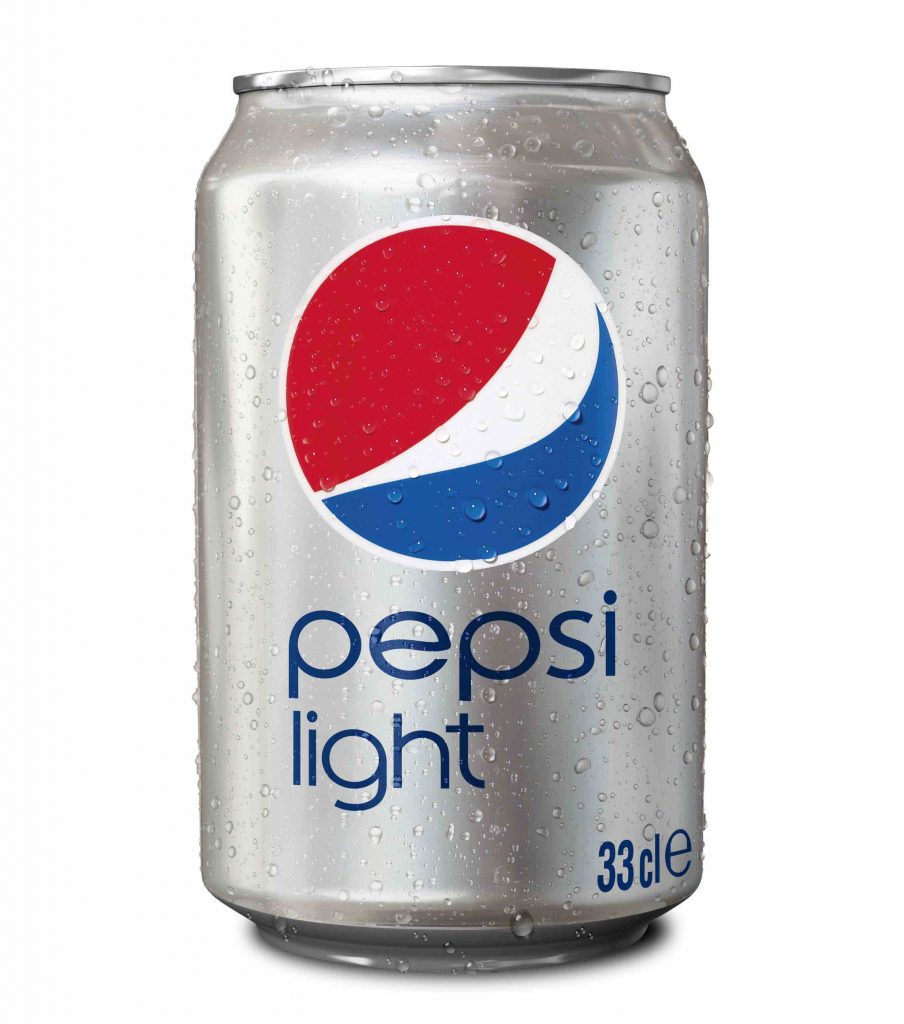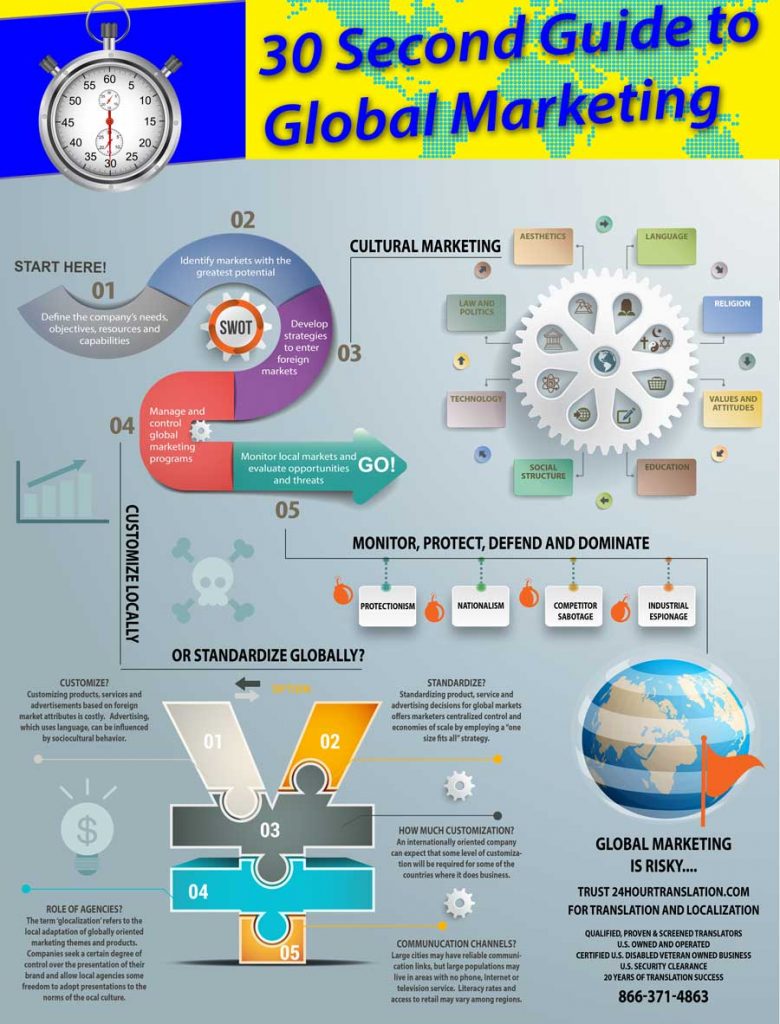Political and regulatory environmental factors influence all aspects of a firm’s advertising and promotional decisions. Regulations may be based on cultural, religious, national, health and consumer protection considerations that shield against harm and deceit. The degree to which countries regulate advertising fluctuates over time and administrations.
International Regulations of Advertising
Developing a promotional strategy demands a knowledgeable certified translation service and close attention to local regulations. Throughout the world, advertising regulations exist to specify what can be advertised, how advertising can be used, how much advertising can be displayed, and what media can be employed. In addition, governments may regulate how foreign languages and social media can be used, as well as where advertising content must be created.
Bans on Types of Advertising
Many countries have also banned or restricted advertising for tobacco, alcohol, and pharmaceuticals. In Saudi Arabia and many Middle Eastern countries, advertisers cannot advertise pork and other products and services that fail to comply with government and religious restrictions. In Greece, advertisers are prevented from promoting toys during daytime television. In Sweden and Norway, advertising that targets children is completely prohibited. Governments also create market abuse regulations to make it illegal to mislead, defraud, and conduct deceptive business practices as it relates to investments in securities.
Advertising messages are also regulated. For example, comparative advertising is banned in some European and Asian countries. In the European Union, specific regulations govern the message, information provided, and conditions for using it. As a result, comparative advertising is seldom used in the European Union. Brazil also has strict rules on comparative advertising; however, the rules are relaxing.

Restrictions on Terms
Countries today commonly restrict specific terms used in advertising, brand names and product names. For example, the term “diet” has strict usage requirements in many countries and cannot be used in brand names. As a result, Diet Pepsi is called Pepsi Light in Mexico and many European countries.
In many developing markets, consumer groups are also demanding new regulations on advertising. This is particularly true in countries like China, where few regulations applied 10 years ago. Today the Chinese government is likely to crack down on inaccurate and misleading advertising claims.

